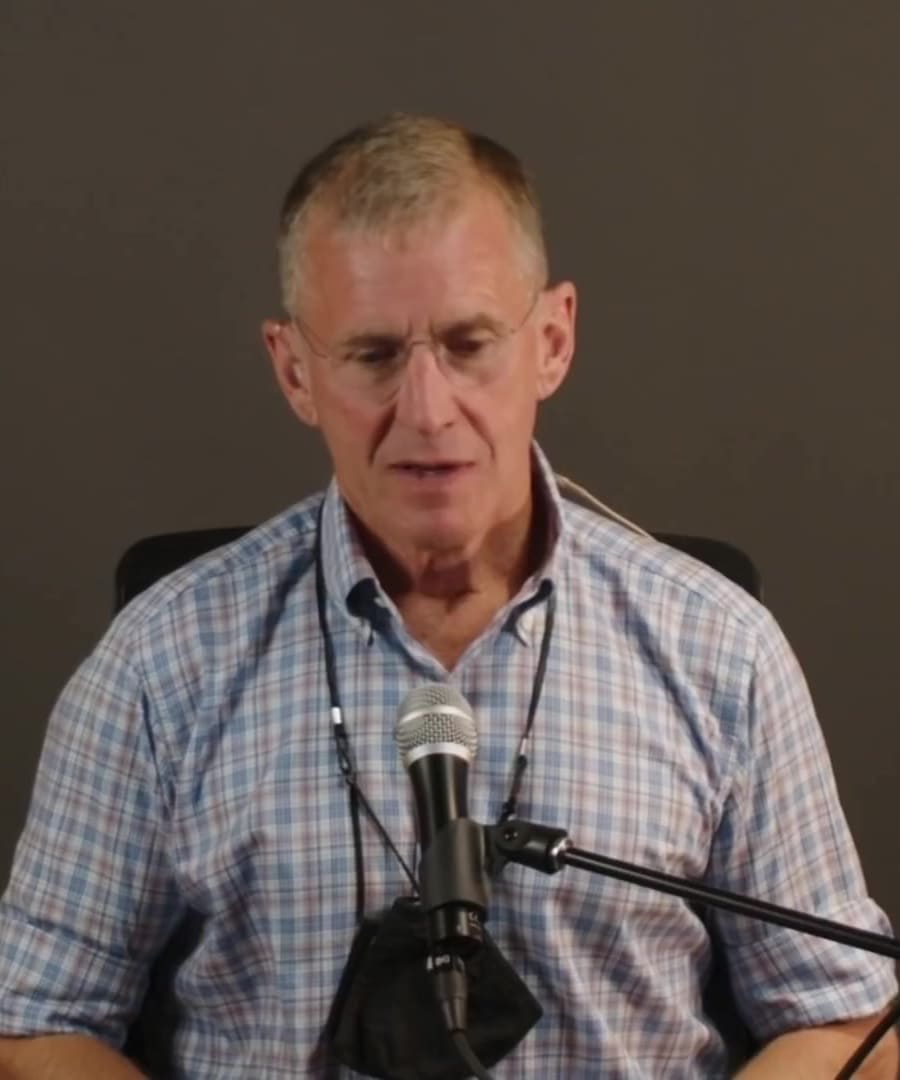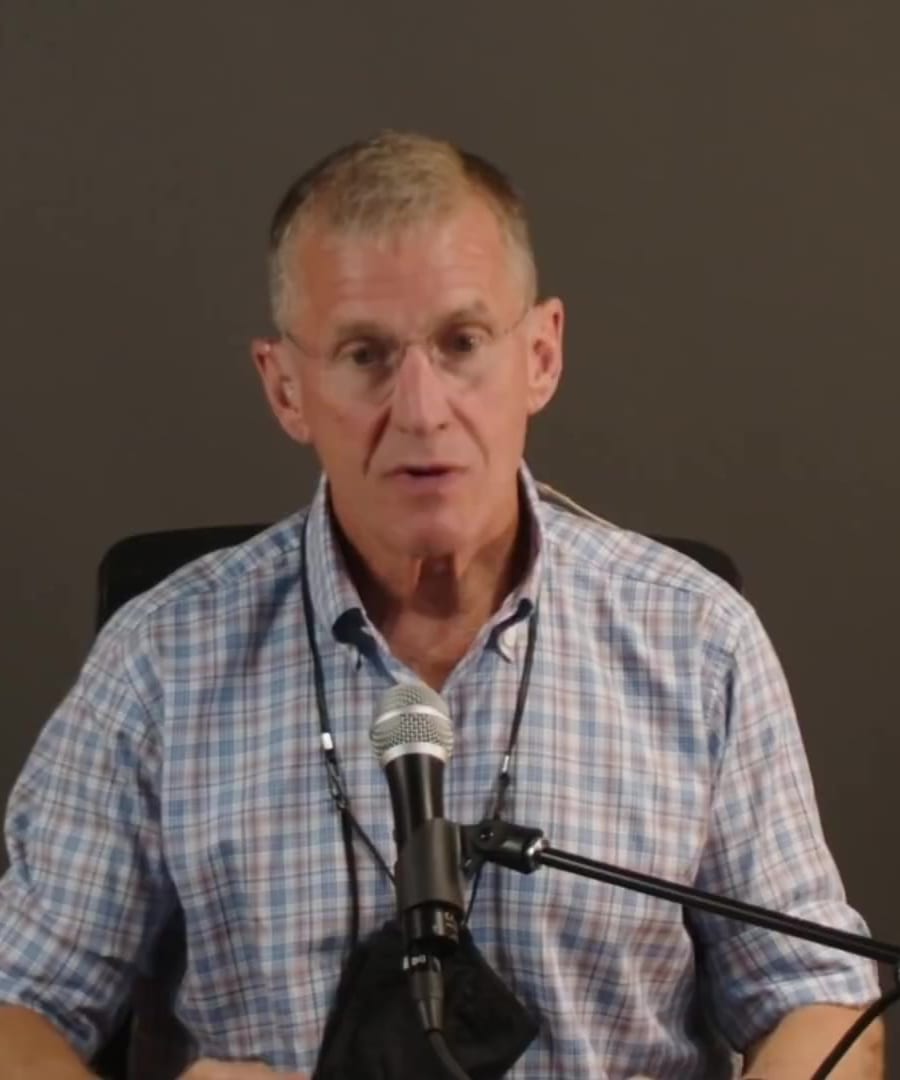Systemic failures
Sources:
Systemic failures are multifaceted and can manifest in various sectors. Here are key insights from Tim Ferriss's discussions on such failures:
-
Public Health and COVID-19:
- General Stanley McChrystal discussed systemic failures during COVID-19, highlighting inadequacies in communication, coordination, and decision-making. The ability to work from home masked some vulnerabilities, delaying decisive actions against the pandemic. The systemic issue lies in the lack of a unified, proactive approach at both national and global levels, making us vulnerable to future threats 1.
-
Cybersecurity Threats:
- McChrystal also compared systemic failures in dealing with pandemics to cybersecurity, stating that significant cybersecurity breaches are inevitable. Addressing these vulnerabilities requires unprecedented public-private partnerships and a cultural shift in how security is integrated into our systems and operations 1.
-
Abu Ghraib Prison Scandal:
- Dr. Philip Zimbardo, in a conversation with Tim Ferriss, explained how the Abu Ghraib prison scandal was not just the result of a few rogue soldiers but a systemic failure. The "bad barrel" theory posits that the environment and systemic issues create situations where individuals engage in harmful behavior. This underscores the importance of addressing the root causes at the systemic level rather than just blaming individuals 2.
-
Red Teaming for Vulnerability Assessment:
- McChrystal introduced the concept of "red teaming," where a designated group actively tries to find flaws in a plan or system. This approach helps uncover vulnerabilities and blind spots that insiders might miss due to their attachment to the plan. The success of red teaming depends on the willingness of leadership to act on identified weaknesses 3.
-
Lessons from Systemic Response to Crises:
- Reflecting on the systemic failures during COVID-19, McChrystal urged a systemic approach to future crises, emphasizing that fragmented responses at municipal or state levels are insufficient. Effective responses require a coordinated, united effort 4.
Understanding these discussions provides a comprehensive view of how systemic failures can arise in public health, cybersecurity, military ethics, and crisis management. Addressing these issues demands both structural changes and proactive, integrated approaches.
RELATED QUESTIONS-



